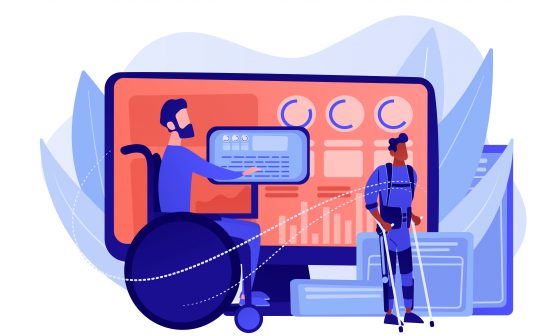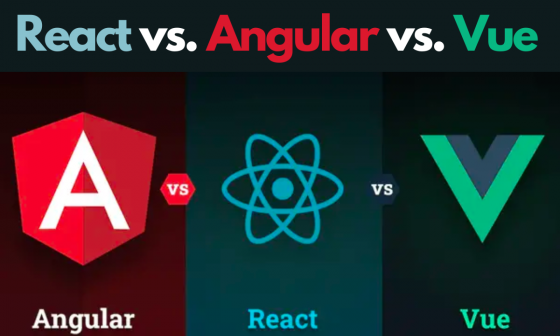In the fast-paced digital era, user expectations for web applications have evolved significantly. The demand for faster, engaging, and seamless online experiences has led to the emergence of Progressive Web Apps (PWAs) as a game-changer in web development. PWAs bridge the gap between traditional websites and native mobile applications, offering a host of advantages that cater to modern user demands. In this article, we will explore the rise of Progressive Web Apps and their impact on building fast and engaging web applications.
What are Progressive Web Apps (PWAs)?
Progressive Web Apps (PWAs) are a revolutionary approach to web application development that leverages modern web technologies to deliver a native-app-like experience to users across all devices. Unlike traditional websites, PWAs are designed to be reliable, fast, and provide an immersive user experience, regardless of network connectivity. The key features that set PWAs apart include responsiveness, offline capabilities, push notifications, and the ability to be installed on users’ devices.
Building Fast Web Applications:
One of the primary goals of PWAs is to provide blazing-fast performance to users. Traditional websites often suffer from slow loading times and lackluster responsiveness, leading to higher bounce rates and decreased user engagement. PWAs, on the other hand, employ various performance optimization techniques, such as caching and lazy loading, to ensure that the application loads quickly and smoothly, even on low-end devices or slow networks.
Service workers, a crucial component of PWAs, enable developers to cache critical assets and data, allowing the application to work offline or in areas with a poor internet connection. By storing essential resources locally, PWAs can offer near-instantaneous loading times and deliver a seamless user experience that rivals native mobile applications.
Engaging User Experience:
User engagement is a crucial factor in the success of any web application. PWAs excel in this aspect by providing a smooth and engaging experience to users. As users interact with the PWA, it becomes more personalized, adapting to their preferences and behavior. This level of interactivity and personalization fosters a sense of connection between users and the application, encouraging them to spend more time exploring its features.
Furthermore, PWAs can leverage push notifications to re-engage users and deliver relevant updates, offers, or reminders. This capability helps businesses maintain constant communication with their audience, fostering brand loyalty and repeat visits.
Cross-Platform Compatibility:
Traditional native mobile applications often require separate development efforts for different platforms like iOS and Android, which can be time-consuming and costly. PWAs, however, follow the “write once, run anywhere” philosophy, making them compatible with all major platforms and devices. This cross-platform support simplifies the development process, reduces maintenance overhead, and ensures a consistent experience for users across various devices.
Improved Discoverability:
Unlike native mobile applications, PWAs are easily discoverable through search engines, which drives organic traffic to the application. Moreover, PWAs can be shared via URL, making them easily accessible and shareable, further contributing to their widespread adoption.
Conclusion:
The rise of Progressive Web Apps (PWAs) marks a significant shift in web development, offering developers and businesses a powerful tool to build fast and engaging web applications. PWAs combine the best of both worlds, providing the reach of a website and the immersive experience of a native mobile app. With features like responsiveness, offline capabilities, and push notifications, PWAs are well-equipped to meet the demands of modern users for seamless, fast, and captivating online experiences. As technology continues to evolve, PWAs are set to play an increasingly vital role in shaping the future of the web application landscape.






